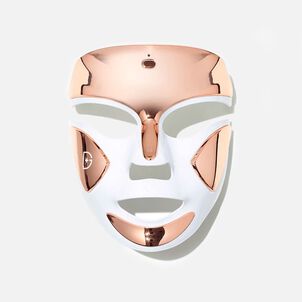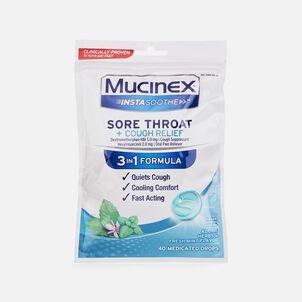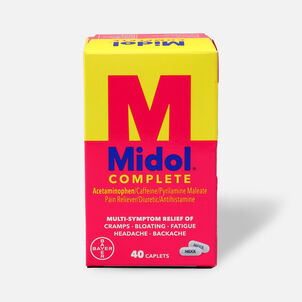 | SHOP NOW
| SHOP NOWIf you've just opened a new health savings account (HSA), you've probably heard a lot of talk about HSA investment opportunities you might consider with these funds. Well, it's never too early to consider ways to make your money do more. If you place the money in an interest-bearing account at a bank or credit union, your money is insured and you could see modest growth as long as the interest earnings exceed any monthly fees that the bank or credit union charges.
But what if you want the potential for more growth, and don't mind taking on more risk? What if you're planning to let the money in your HSA stay there for decades? If you're treating your HSA as a potential long-term rainy-day fund or retirement account, investing the money might make the most sense.
Know your limits
Whatever approach you take to managing the money in your HSA, it's part of your financial portfolio, and it's always wise to consult with a financial planner to make sure that your overall strategy is balanced. Because we all have different risk tolerances and circumstances, there's no "best way" when it comes to how to grow the money in your HSA.
But, a general rule of thumb is to stick with lower-risk financial products when you're going to withdraw the money fairly soon, or if a drop in the value of your account would put you in a tough financial position.
If you're not planning to withdraw money from your HSA for many years, and/or you're comfortable with the risk that goes along with investing, you might want to consider doing this with your HSA funds. Your bank or credit union might offer an investment option, but you may find that the investment options are better with a different financial institution.
There are numerous HSA administrators that allow you to invest the money in your HSA — this list includes a few, along with the details of account fees and investment options.
You can also invest your HSA funds in stocks, bonds, ETFs, or mutual funds, depending on the options offered by your HSA administrator. Like any investment account, you'll want to consider things like expense ratios, annual or monthly fees, and how the investment options match up with your own goals.
Know the risks
Unlike basic interest-bearing accounts, there's no FDIC insurance for investments. So your HSA money is at risk when you invest it, which is why most people tend to avoid investing their HSA funds if they're planning to withdraw the money in the near future.
But the upside is that if your investments do well over the long run, the investment gains will accumulate tax-free in your HSA, resulting in a balance that could potentially be much larger with less personal contributions. Of course, it could also end up smaller if the markets don't do well — you have to go into this with a good basic understanding of how these markets work.
Can't decide whether you should go with the safe, interest-bearing account or the investment option? The good news is that you can do both! Your HSA administrator may offer both options, letting you put some of your HSA funds into an interest-bearing account while investing the rest, all within a single HSA.
Finally, we should mention that you can have more than one HSA, as long as your total contributions don't exceed the annual IRS limits. So, you could have an HSA with your local credit union and another HSA with a big investment brokerage, and just split the total contribution amount however you choose, finding your ideal balance of risk and reward.
As always, speak with a financial adviser about your specific situation before you decide how to proceed. The information provided in this article is meant to be a general explanation of the options you have for handling your HSA funds, and should not be considered legal or tax advice.
-
Thank you for visiting the HSA Store Learning Center! Don’t forget to follow us for more helpful tips on Facebook, Instagram, and Twitter!


.png)
















